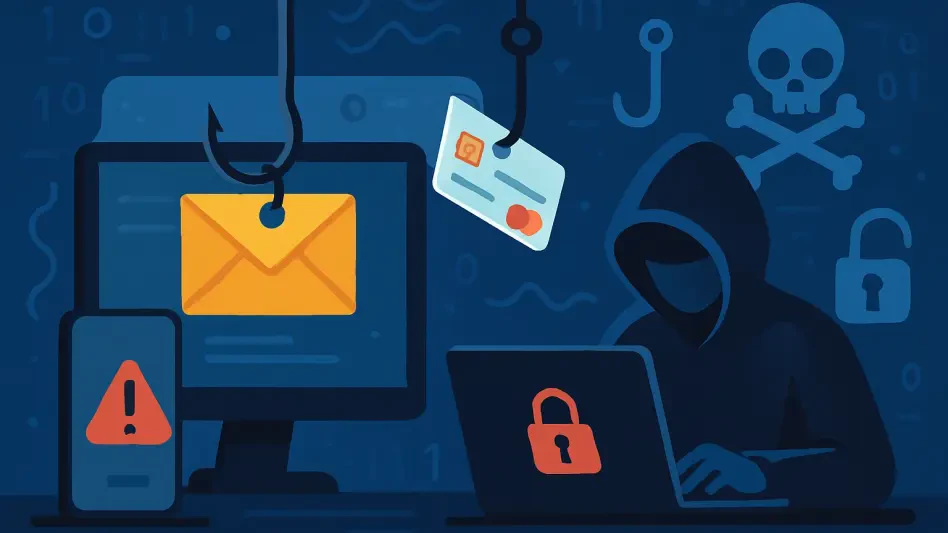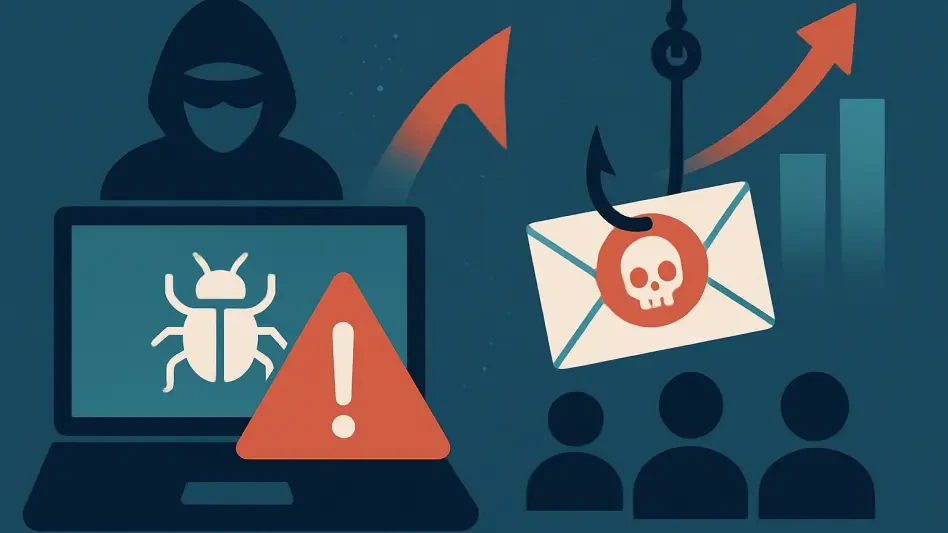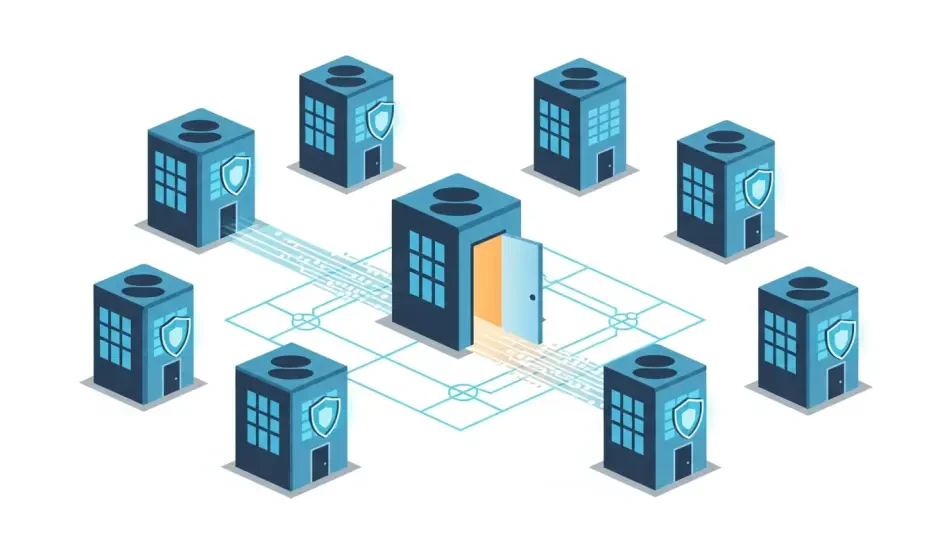In a digital landscape increasingly fraught with danger, Pakistan faces an alarming surge in phishing cyberattacks that exploit unsuspecting citizens through deceptive SMS, WhatsApp messages, and fraudulent phone calls, leading to significant financial and personal losses. Reports have revealed that cyber fraud in the country has skyrocketed, with financial losses reaching a staggering Rs 3 billion, marking a critical turning point for national cybersecurity. The National Cyber Emergency Response Team (CERT) has sounded an urgent nationwide alert, spotlighting the sophisticated tactics hackers employ to steal sensitive data like bank details and identity information. This escalating threat underscores a pressing need for robust defenses and heightened public awareness to counter the relentless wave of digital deception. As cybercriminals refine their methods, the challenge lies not only in reacting to these attacks but in proactively equipping individuals and institutions with the tools to prevent them. This growing crisis demands a closer look at actionable strategies to safeguard personal and national security in an era of rampant cybercrime.
Strengthening Public Awareness and Vigilance
One of the most critical pillars in combating phishing attacks in Pakistan is fostering widespread public awareness and encouraging vigilant behavior among citizens. CERT has emphasized that legitimate organizations will never solicit sensitive information such as passwords or one-time passwords (OTPs) through unsolicited calls or messages. Cybercriminals often prey on trust and urgency, crafting fake prize notifications or urgent bank alerts to lure individuals into divulging personal data or clicking malicious links. To counter this, the government’s “Avoid Phishing, Secure Your Information” campaign urges people to verify communications through official channels and refrain from engaging with unverified sources. Sharing educational resources and official awareness videos within communities can amplify this message, creating a culture of caution. By empowering individuals to recognize and resist deceptive tactics, Pakistan can build a formidable first line of defense against the rising tide of digital fraud that threatens personal security.
Implementing Robust Cybersecurity Measures
Beyond awareness, adopting proactive cybersecurity measures is essential for Pakistan to mitigate the impact of phishing attacks and protect sensitive information. CERT advocates for practical steps such as enabling two-factor authentication (2FA) on mobile and email accounts to add an extra layer of security. Immediate password changes after any interaction with suspicious links, alongside reporting fraudulent messages or numbers to authorities, can significantly reduce risks. Blocking deceptive contacts and avoiding unverified websites further fortify personal defenses against cyber threats. On a national level, CERT’s efforts to provide swift response mechanisms for reported incidents highlight the importance of institutional support in this fight. Reflecting on past initiatives, it became evident that a unified approach—combining individual responsibility with governmental action—yielded tangible results in curbing cybercrime. Moving forward, sustained investment in advanced security technologies and continuous public education will be vital to outpace the evolving strategies of cybercriminals and secure Pakistan’s digital future.








